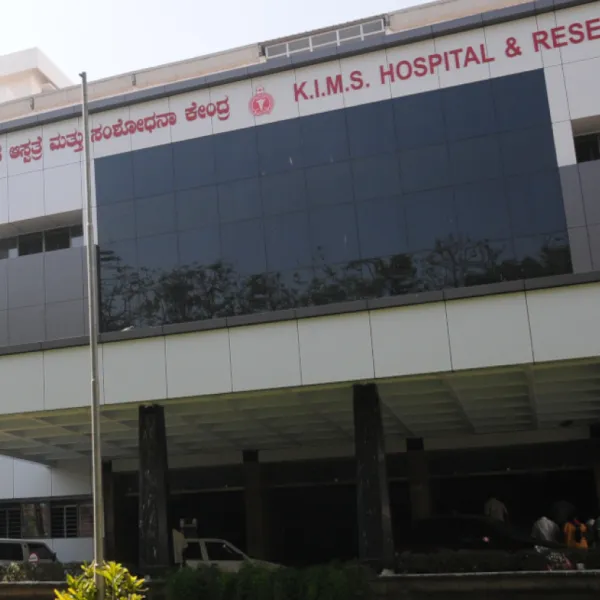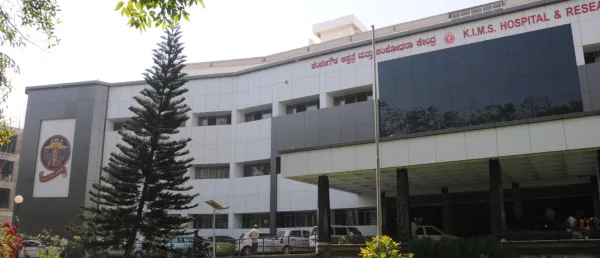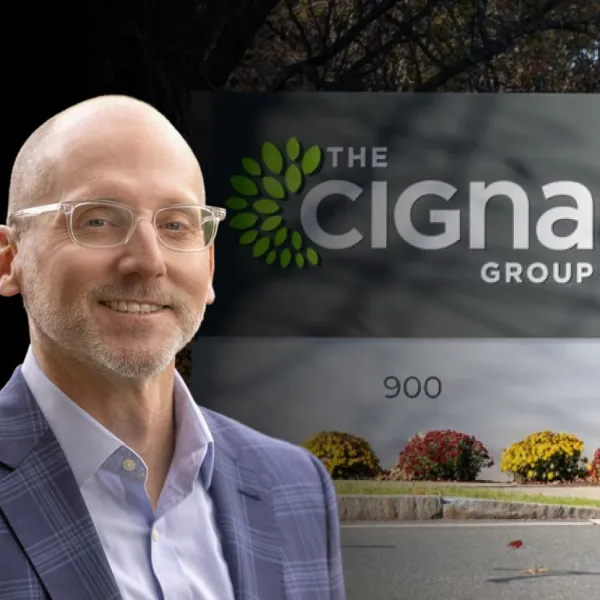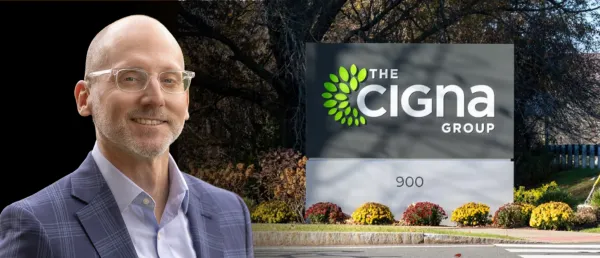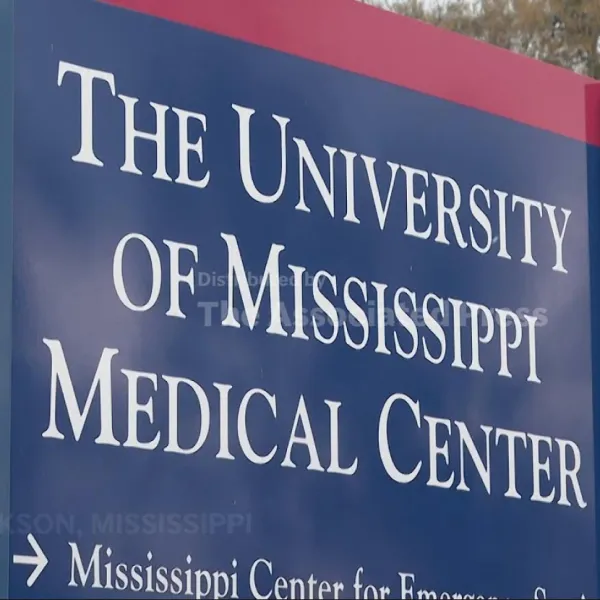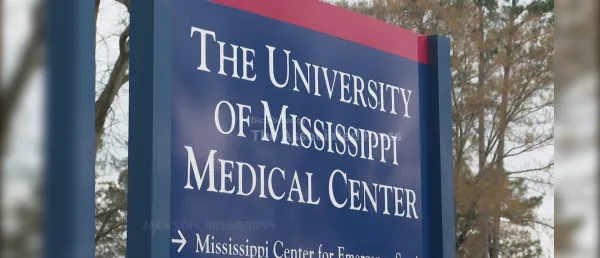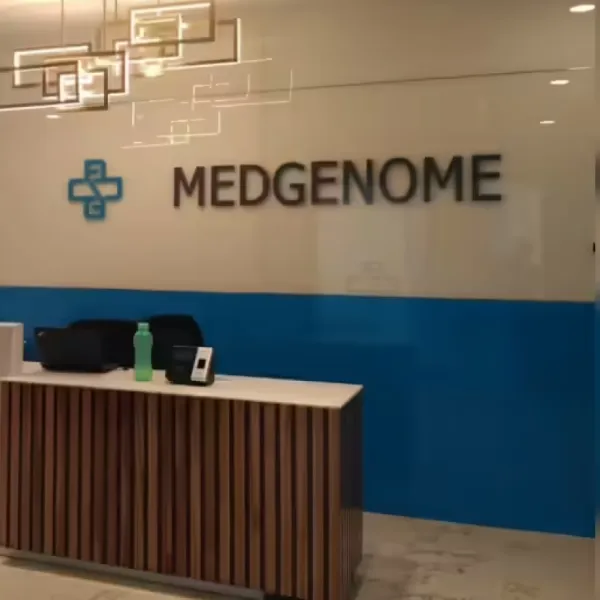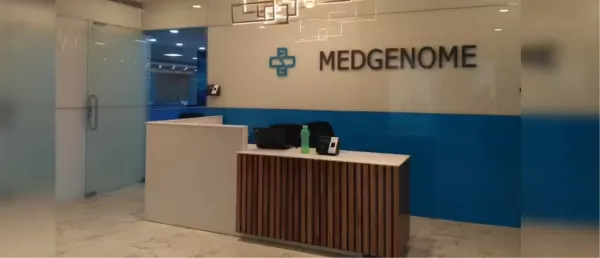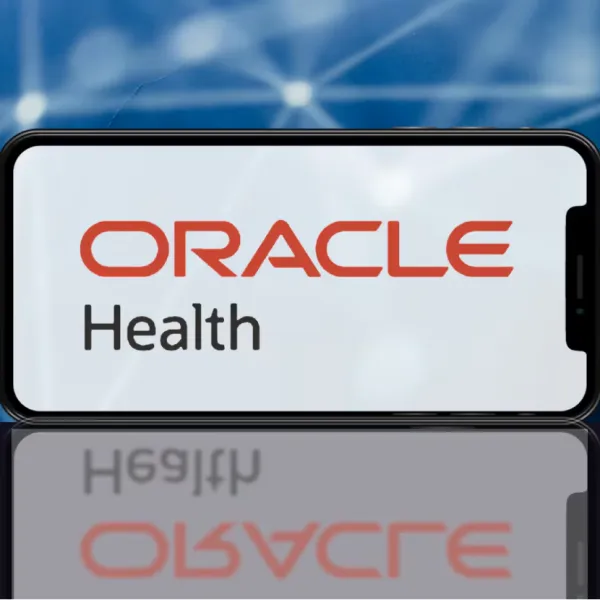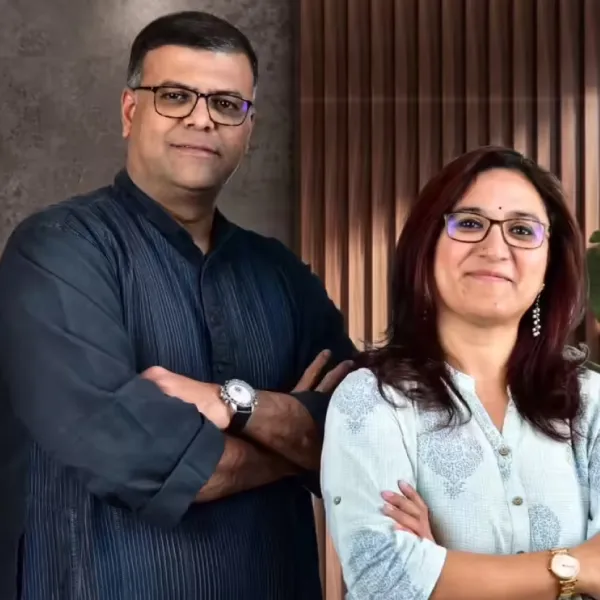IIT-D Develops Simulation Tool to Strategise Operational Response during Health Crises

Researchers developed a probabilistic simulation tool to assess and enhance the capacity of public healthcare networks during pandemics, demonstrated with COVID-19 in North India.
In a collaborative effort between researchers from IIT Delhi, AIIMS New Delhi, and the University of Exeter, a novel probabilistic discrete-event simulation tool has been developed to assess the capacity of public healthcare networks during pandemics. The study focussed on the first wave of COVID-19 in a district in North India. The simulation tool considers uncertainties related to patient caseload, progression, and care provision processes.
The simulated public healthcare network included ten primary health centres (PHCs), three community health centres (CHCs), and a district hospital. By collaborating with AIIMS New Delhi and the University of Exeter, the researchers integrated a pandemic response strategy into the simulation.
Consequently, the study emphasised establishing a makeshift COVID-19 care centre. Interestingly, the capacity of medical personnel, encompassing doctors and nurses, was sufficient for medical care provision during the simulated wave.
The simulation tool was crucial in estimating the required capacity for the makeshift COVID-19 care centre, primarily reducing patient wait times and ensuring timely access to appropriate care.
While this innovative simulation tool was demonstrated using the COVID-19 pandemic as a case study, its potential reaches beyond this health crisis. The device can be adapted to plan responses to various health emergencies, including dengue or cholera outbreaks. Furthermore, it offers the flexibility to evaluate operational policy changes during routine care conditions, such as the introduction of new referral policies between different tiers of healthcare facilities.
In a separate development, IIIT-Delhi, Max Healthcare, and Indraprastha Institute of Information Technology have recently entered a strategic collaboration. This partnership was formalised through a Memorandum of Understanding (MoU) signed in May 2023. The primary objectives of the partnership are to conduct high-quality research, develop cutting-edge healthcare solutions, and provide capacity-building programs for healthcare professionals. The joint efforts aim to revolutionise healthcare practices and contribute to advancements in medical science.
Stay tuned for more such updates on Digital Health News







